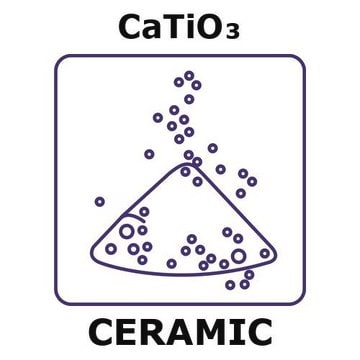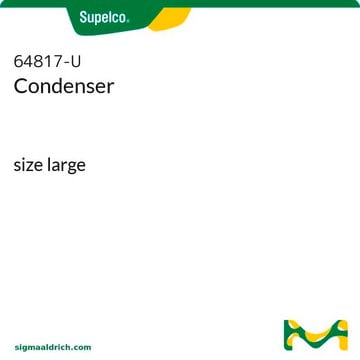GF00803102
Copper - O.F.H.C.
sheet, 150x150mm, thickness 12.7mm, 99.99+%
Sinónimos:
Copper, CV003121
Iniciar sesiónpara Ver la Fijación de precios por contrato y de la organización
About This Item
Fórmula empírica (notación de Hill):
Cu
Número de CAS:
Peso molecular:
63.55
MDL number:
UNSPSC Code:
12141711
PubChem Substance ID:
NACRES:
NA.23
Productos recomendados
assay
≥99.99%
form
wire
manufacturer/tradename
Goodfellow 008-031-02
resistivity
1.673 μΩ-cm, 20°C
L × W × thickness
150 mm × 150 mm × 12.7 mm
bp
2567 °C (lit.)
mp
1083.4 °C (lit.)
density
8.94 g/mL at 25 °C (lit.)
SMILES string
[Cu]
InChI
1S/Cu
InChI key
RYGMFSIKBFXOCR-UHFFFAOYSA-N
General description
For updated SDS information please visit www.goodfellow.com.
Legal Information
Product of Goodfellow
Certificados de análisis (COA)
Busque Certificados de análisis (COA) introduciendo el número de lote del producto. Los números de lote se encuentran en la etiqueta del producto después de las palabras «Lot» o «Batch»
¿Ya tiene este producto?
Encuentre la documentación para los productos que ha comprado recientemente en la Biblioteca de documentos.
Julie E Gleason et al.
Proceedings of the National Academy of Sciences of the United States of America, 111(16), 5866-5871 (2014-04-09)
The human fungal pathogens Candida albicans and Histoplasma capsulatum have been reported to protect against the oxidative burst of host innate immune cells using a family of extracellular proteins with similarity to Cu/Zn superoxide dismutase 1 (SOD1). We report here
Adam Southon et al.
Metallomics : integrated biometal science, 5(10), 1346-1356 (2013-08-02)
Copper (Cu) is an essential redox active metal that is potentially toxic in excess. Multicellular organisms acquire Cu from the diet and must regulate uptake, storage, distribution and export of Cu at both the cellular and organismal levels. Systemic Cu
Alina Fedoseienko et al.
Annals of the New York Academy of Sciences, 1314, 6-14 (2014-04-05)
Copper is an important cofactor in numerous biological processes in all living organisms. However, excessive copper can be extremely toxic, so it is vital that the copper level within a cell is tightly regulated. The damaging effect of copper is
L Marchand et al.
Environmental pollution (Barking, Essex : 1987), 193, 205-215 (2014-07-25)
Intra-specific variability of root biomass production (RP) of six rooted macrophytes, i.e. Juncus effusus, Phragmites australis, Schoenoplectus lacustris, Typha latifolia, Phalaris arundinacea, and Iris pseudacorus grown from clones, in response to Cu exposure was investigated. Root biomass production varied widely
Giulia Cheloni et al.
Aquatic toxicology (Amsterdam, Netherlands), 155, 275-282 (2014-07-30)
The present study showed the important role of light intensity and spectral composition on Cu uptake and effects on green alga Chlamydomonas reinhardtii. High-intenisty light (HL) increased cellular Cu concentrations, but mitigated the Cu-induced decrease in chlorophyll fluorescence, oxidative stress
Nuestro equipo de científicos tiene experiencia en todas las áreas de investigación: Ciencias de la vida, Ciencia de los materiales, Síntesis química, Cromatografía, Analítica y muchas otras.
Póngase en contacto con el Servicio técnico





